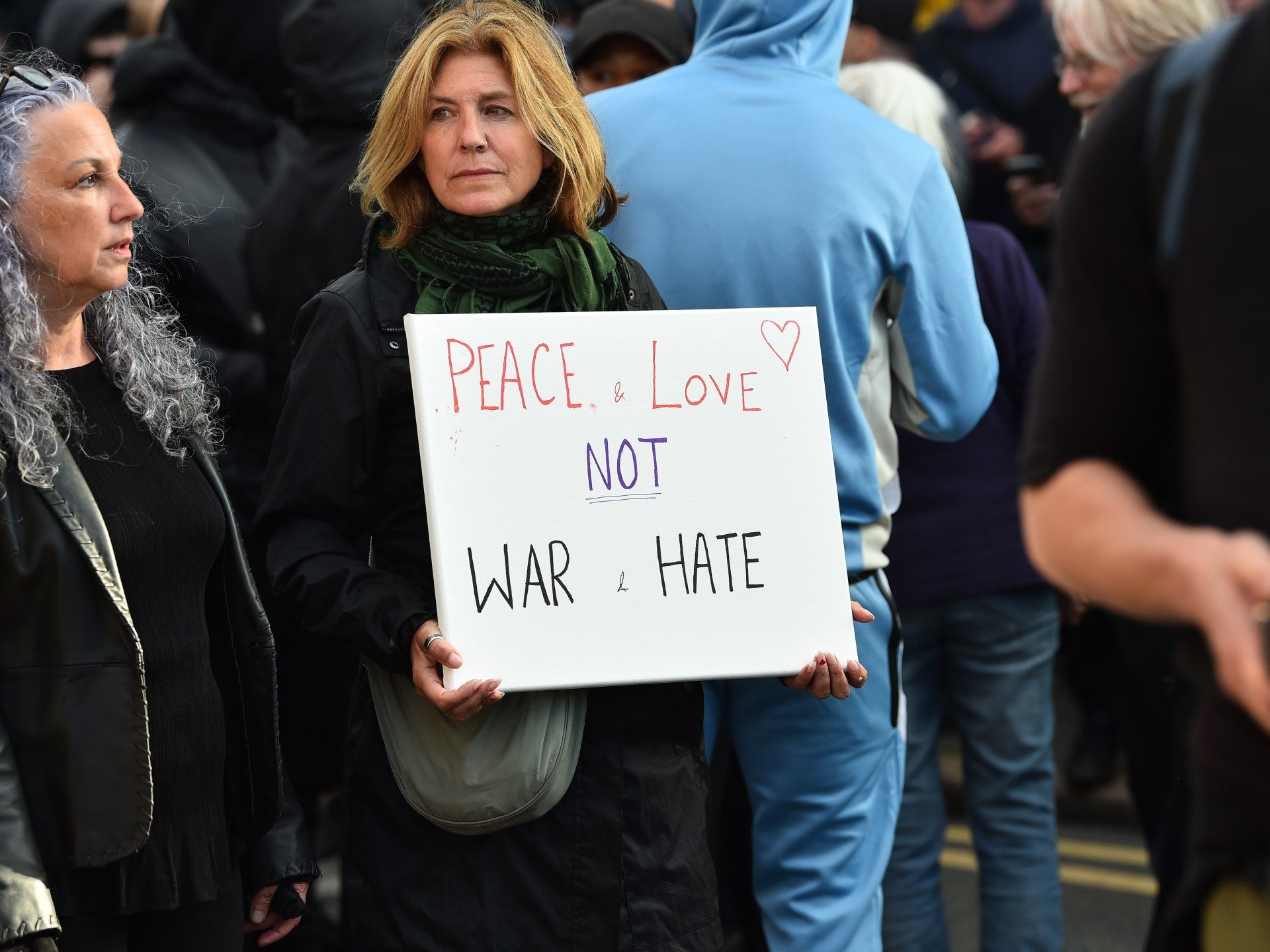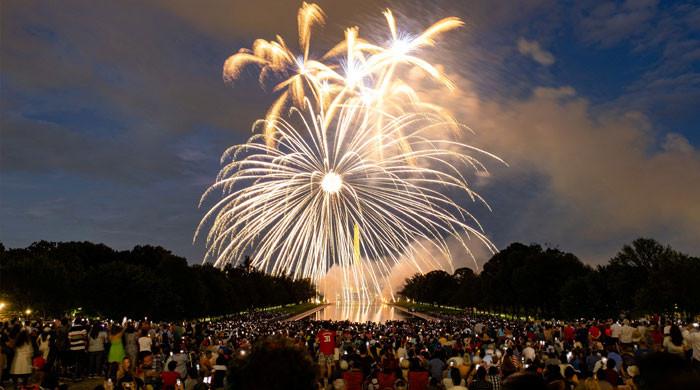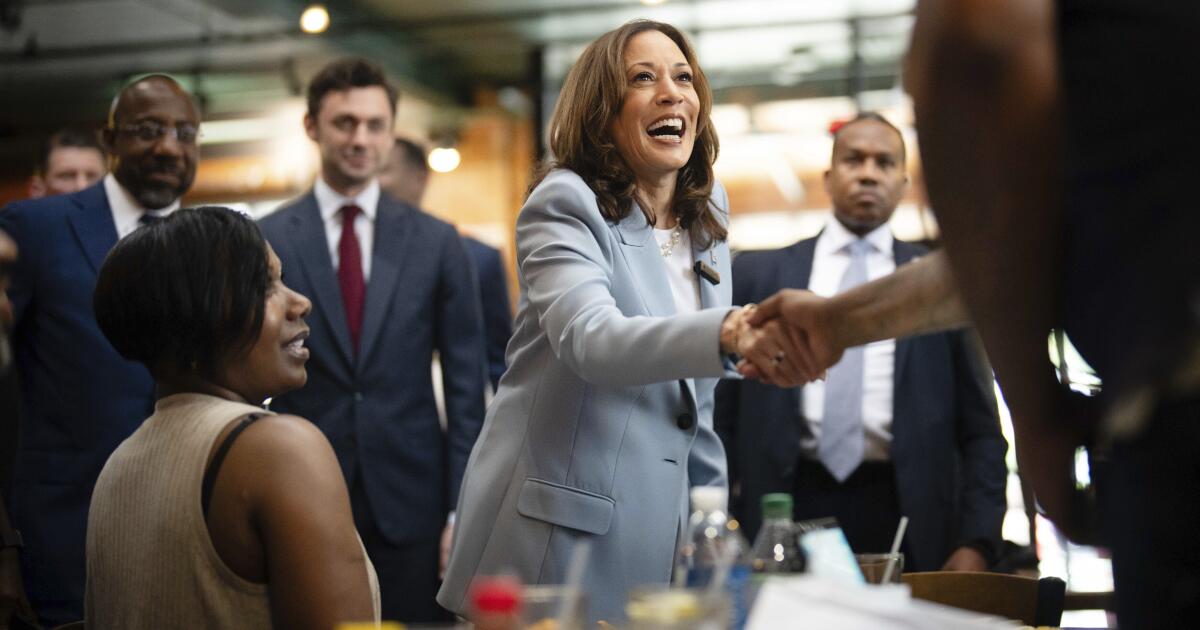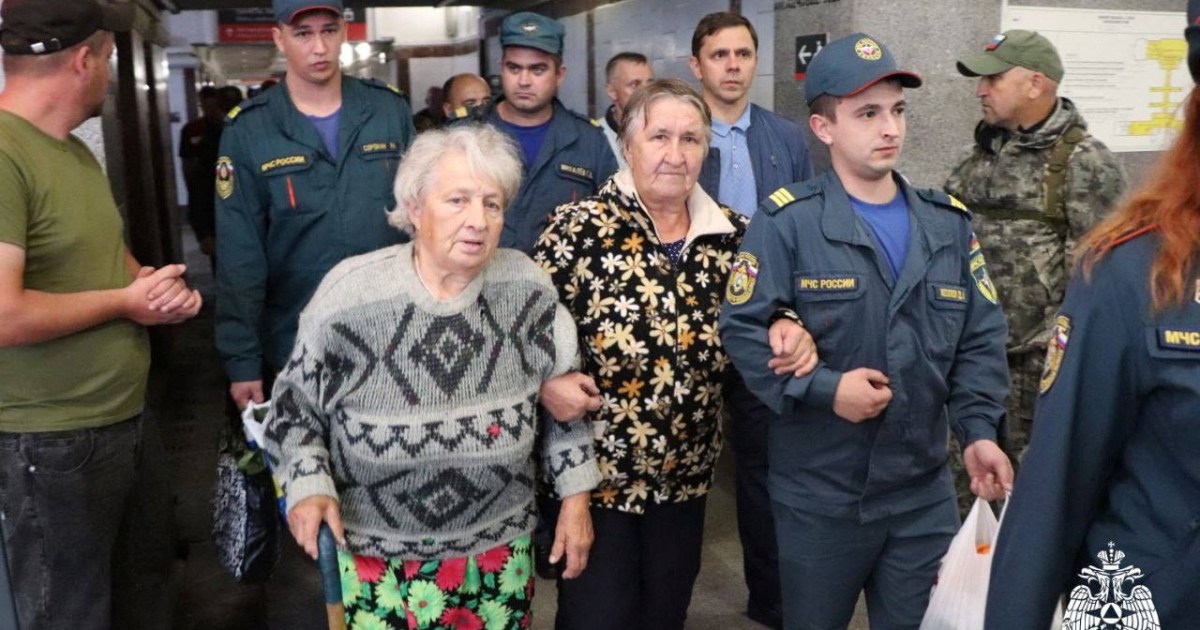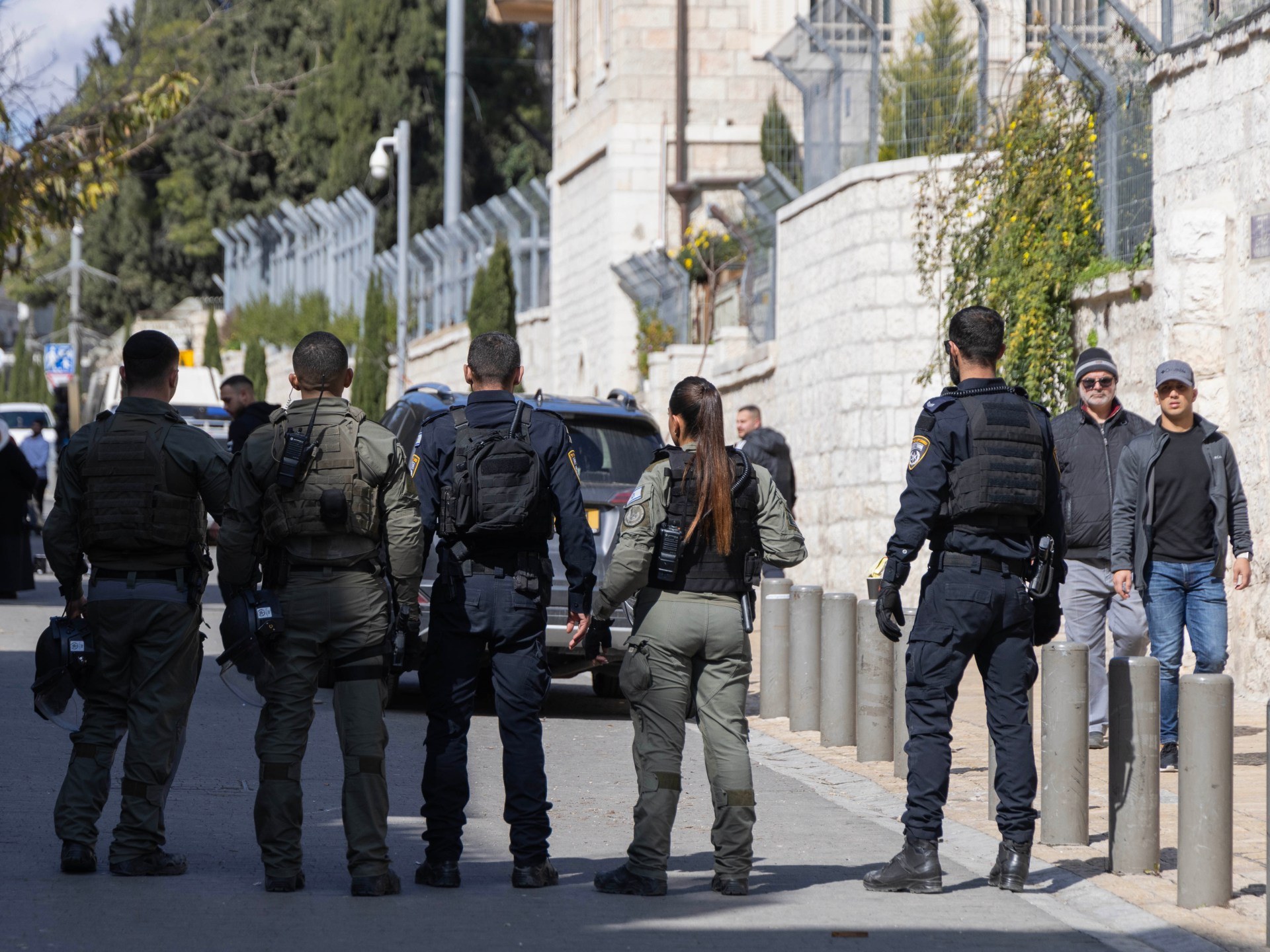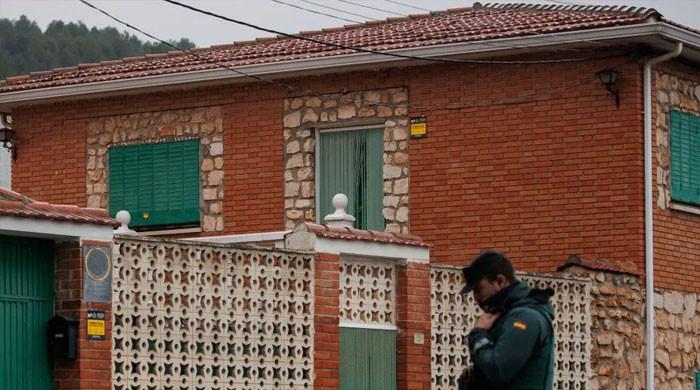In towns and cities across England, thousands of people are marching against racism after far-right riots led to around 400 arrests.
Liverpool, United Kingdom – The mood was tense in Liverpool as reports spread that far-right protesters were planning to attack an asylum charity.
The site was supposed to be one of more than 30 sites across the UK targeted by racist and anti-immigrant protesters on Wednesday. There were similar expectations in dozens of other cities and towns, enough for the government to decide to deploy 6,000 police officers across the country.
But as the day wore on, the mood brightened as far-right protests failed to materialise. Instead, tens of thousands of anti-racist demonstrators filled the streets of cities including London, Bristol and Newcastle.
In Liverpool, people shouted “Refugees are welcome here” as they walked through the streets. One girl held a banner reading “We will swap racists for refugees.”
Others called the asylum seekers' support centre, fearing it could be a target of the far right.
“We cannot allow people to come and attack and destroy one of the most vulnerable buildings of all the people who are the most vulnerable in the community and destroy a small shelter that they have,” said a local journalist, who asked only to be identified as Patrick. “There are all nationalities here. So it is about solidarity, about standing up against ignorance, against intolerance, against hatred.”
The police kept watch.
“I’m very pleased with the turnout,” Hashem, a Liverpool protester who asked not to use his last name, told Al Jazeera. “Good people from our community took a moral stand. Far-right hate is not welcome in Liverpool.”
The 30-year-old attended the event despite senior members of the Muslim community urging young people to stay at home following last week's violence, when Liverpool in north-west England was at the centre of violent riots.
The incident occurred in several cities and towns across England and Northern Ireland in what authorities described as the worst outbreak of violent disorder in the country in a decade.
'I do not feel safe'
The violence began following the murder of three girls in Southport, a town north of Liverpool, when false rumours spread on social media that the perpetrator was a Muslim asylum seeker.
Police rejected the allegations, which were fuelled by far-right individuals and groups, and identified the suspect in the knife attack as a 17-year-old boy born in Wales who was neither Muslim nor an asylum seeker. He was later identified as Axel Rudakubana, the son of Rwandan parents born in Cardiff, after the judge lifted reporting restrictions.
As the violence spread, the government took a tough stance, a strategy that may have influenced the decision by far-right protesters not to turn up on Wednesday. In just over a week, some 400 people have been arrested; one man has been charged with inciting racial hatred by instigating an attack on asylum-seeking refugees, and a rioter, who punched a police officer, has been jailed for three years.
A senior counterterrorism official also said the rioters could be charged with “terrorism.”
The developments also reignited debate over the regulation of social media, including Telegram, a platform popular among far-right circles thanks to its lack of content moderation. The messaging app said on Wednesday it would remove “channels and posts containing calls for violence.”

But the riots have shocked many across the UK, with some describing the unrest as a slap in the face to decades of integration.
Muslim women who wear the hijab and spoke to Al Jazeera said they had been staying at home for the past week, while men had begun walking in groups when they went outside.
The doors of Liverpool's main mosque remain firmly closed.
“I don’t feel as safe as I used to,” said Nabahn, a lawyer who asked not to be named and who was among thousands of people marching against racism in Liverpool. “Seeing all these people showing solidarity is really good for a person of colour; I feel like I’m among my people.”

